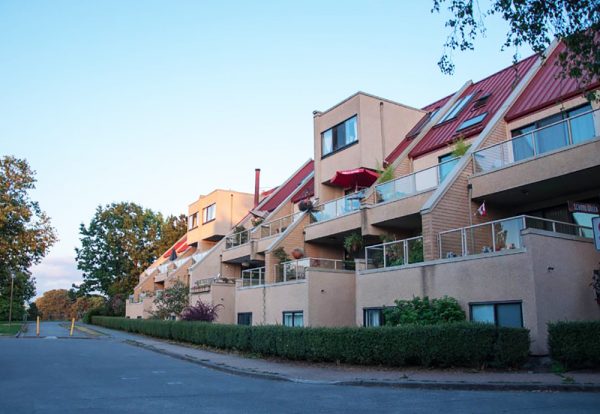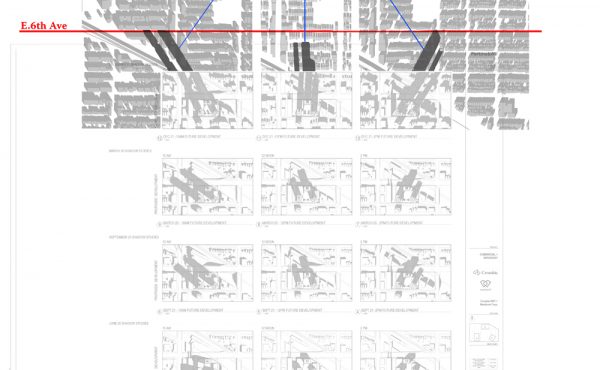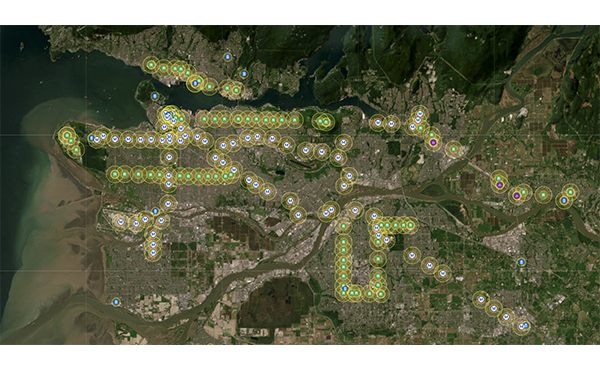
It’s surprising how relatively minor issues, such as a citywide street parking fee of $45 a year attracts so much press attention while the potential elimination of thousands of affordable Vancouver housing units during an out-of-control housing crisis slips mostly under the radar.
That is what was at stake on July 8 when Vancouver council considered a long-anticipated motion to establish a “methodology” for renewing leases of co-ops on city land. The motion put forward could be most simply understood as a takeover, for better or worse, of previously largely independently owned co-ops — co-ops unlucky enough to be located on leased city land versus land owned outright.
Well, the vote — with some key amendments — happened. And there is good news and bad news.
First the good news. The council voted unanimously to reduce the benchmark for income used to determine new charges from “median household income” to “median renter household income.” This may seem a detail but the difference is between $75,000 and $50,000. A big difference. Particularly because the Vancouver families that need help most are households at the $50,000 income level and below, not the $80,000 targeted for assistance by most other “affordable” housing programs in Vancouver. This change offered by Coun. Pete Fry passed unanimously.
Next was a change offered in an amendment by Coun. Jean Swanson. She asked housing co-ops to raise the minimum number of low-income units co-op developments would be required to include (technically “rent geared to income,” or RGI units) from 15 percent to 30 percent. This change concedes that to reach this target, new lease payments made to the city by co-ops may be reduced as a result.
Also, an improvement promoted by council was a change to how rents would be calculated for the non-RGI (supported) units, pegging them to 25 percent of net income with consideration for family size and other cost burdens.
More good news were amendments to the motion signaling the unanimous support of council for the very idea of housing co-ops, and the hope expressed that the city can somehow promote many more co-ops in the future, although no targets or mechanisms to achieve this end were advanced.
Now for the bad. An amendment offered by Swanson aimed specifically at protecting False Creek South from redevelopment, likely for towers, was defeated. And members of False Creek South co-ops will presumably not be invited to the table when the redevelopment of their buildings is considered. This one lost seven to four.




